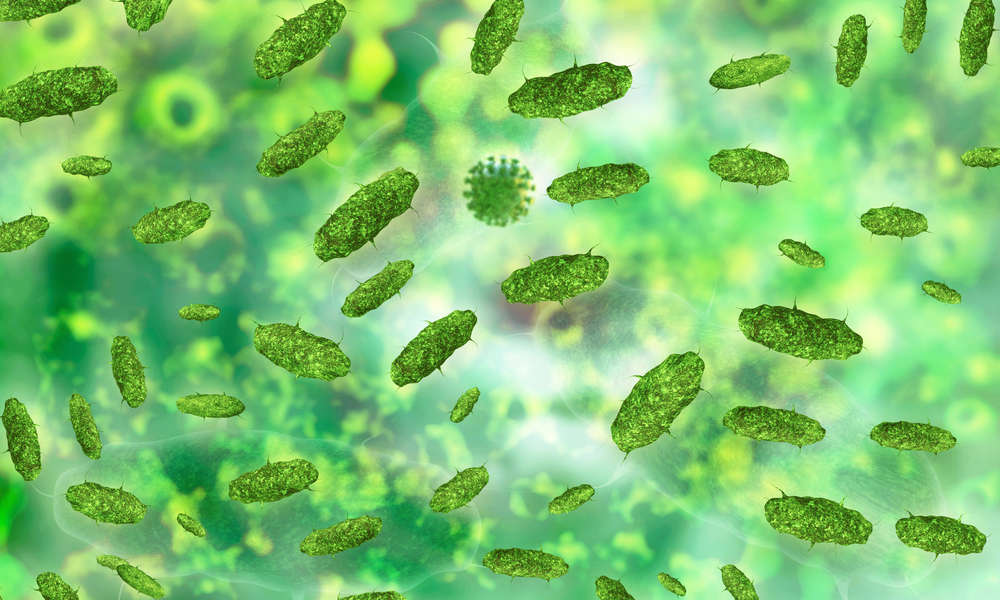In a rare but welcome display of appreciation of wellness principles by the scientific community, Newsweek published an article last week entitled “Caution: Killing Germs May Be Hazardous To Your Health,” a commentary on recent studies that demonstrate that microbes are not the ruthless villains they have been made out to be, but rather are useful and synergistic contributors to the wellbeing of the planet, including the host organism that acts as their home.
These are ideas that chiropractors, natural nutritionists and other wellness professionals have been espousing for decades – in fact, I heard noted wellness expert Dr. James Chestnut say that if he was forced to pick only two nutritional supplements to take and give to his kids daily, he would choose omega-3 fatty acids and a probiotic – in other words, a seeding of microorganisms that help to establish the optimal internal environment for maximized health expression.
The presence of these microscopic creatures is clear evidence that nature knows better than we do, as the roles they serve have subtly flown under our scientific radar since we started thinking we were in charge of health, and that the way to get there was to fight disease. No, nature has been leaving us clues and signs about the natural balance of life forever, but it is refreshing to see that mainstream scientists are finally picking up on this fundamental philosophy of natural living. It may seem counterintuitive to medical thinking, which has led us to believe that germs are bad, but actually these little bugs make vitamins in our intestines, help to regulate our immune systems, and even influence our serotonin levels, meaning that microbes may help us to be happy.
The article points out that our fear around bacteria has created an imbalance in our ecology that may well have serious detrimental effects. The onset of MRSA, methicillin-resistant staph aureus, is an extended reaction to the consequences of overusing penicillin – many staph infections were not responding to it, necessitating the use of a new anti-biotic – but true to form, you can’t keep a species that reproduces every twenty minutes from finding mutational answers to those kinds of challenges, and thus we have risked creating and in some cases already created super-resistant strains of microorganisms. Making more and different anti-biotics is not the solution, but rather we need to ask a new question – what are these bugs here for, why do they live in our bodies, and instead of trying to kill them, how can we learn to peacefully co-exist with them, for the betterment of all?
It is uplifting to think that orthodox science is becoming more sensitive to this perspective. Germs have traditionally been looked at as invaders, and now the possibility is being considered that they are there for a reason – and this is cause for great hope and satisfaction on the part of those who have stood for the natural way from the start.
In no way does this signal that the war is won – but it does point out that the winds are changing, and from this small acorn, a mighty oak will grow, and with it, the dawn of a new age of awareness, based on things natural, and the integration of this concept into household thought will be inspiration enough to carry on our fight, until all humanity realizes its birthright, as a vital part of nature, not the ruler of it.
Yours in Health,
Dr. Tod Pelly



Leave A Comment